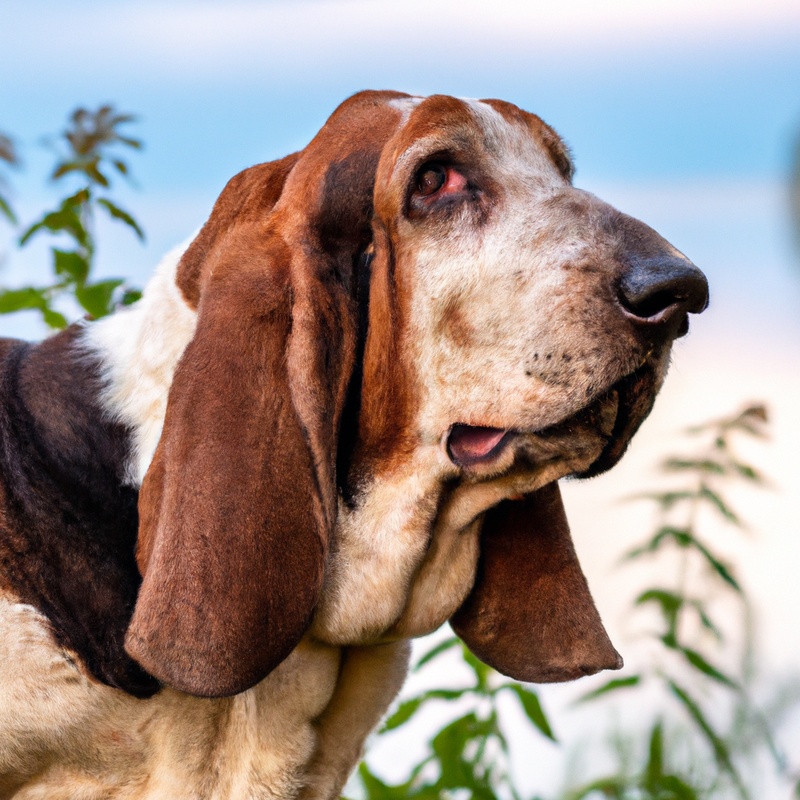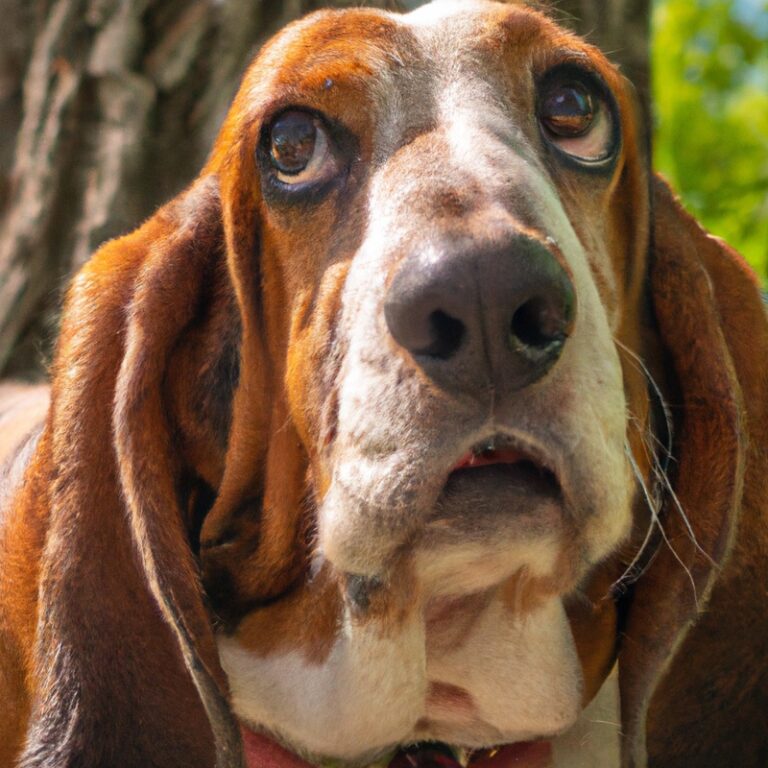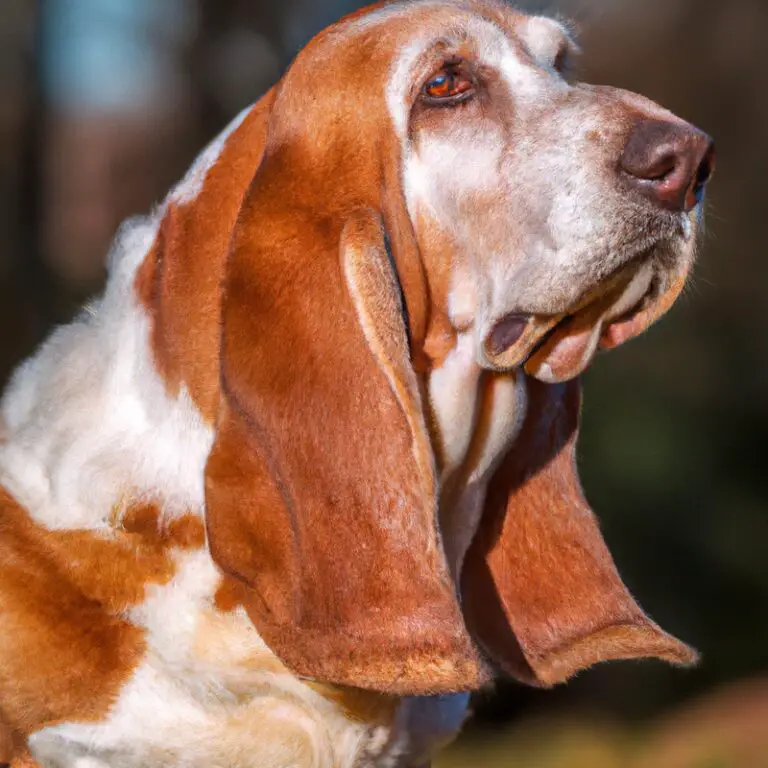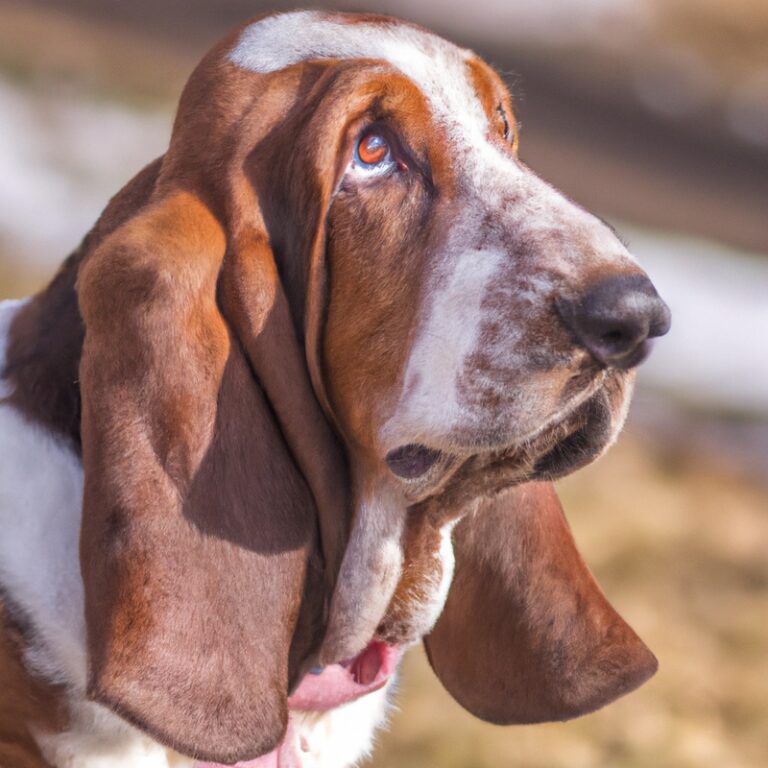How Much Do Basset Hounds Typically Weigh?
Key Takeaways:
- Basset Hounds typically weigh between 40 to 65 pounds.
- Adult male Basset Hounds usually weigh more than females.
- The weight of a Basset Hound can vary based on genetics, diet, and exercise level.
- It is important to monitor a Basset Hound’s weight to ensure optimal health and prevent obesity.
Are you mesmerized by those adorable droopy eyes, those long ears that seem to touch the ground, and that bumbling gait? If so, you’re likely a fan of Basset Hounds.
These lovable and unique dogs have a charm that is hard to resist.
But have you ever wondered how much a Basset Hound typically weighs? In this article, I will unravel the mystery behind Basset Hound size and explore the factors that influence their weight.
We’ll also dive into the importance of monitoring and managing their weight to ensure they live a healthy and happy life.
So, prepare yourself for a fascinating journey into the world of Basset Hounds and their weight!
| Age | Weight Range |
| Puppy (0-6 months) | 15-25 pounds |
| Adult (6 months-1 year) | 25-35 pounds |
| Adult (1 year and older) | 50-65 pounds |
Understanding Basset Hound Size
Factors influencing Basset Hound weight
A Basset Hound’s weight can be influenced by various factors including genetics, age, gender, and overall health.
Genes play a role in determining a Basset Hound’s size and weight, as certain bloodlines may produce larger or smaller dogs.
Age is another factor, as puppies may have different weight requirements compared to adult dogs.
Gender also plays a role, as males tend to be larger and heavier than females.
Lastly, the overall health of a Basset Hound can impact their weight, as certain health conditions may cause weight gain or loss.
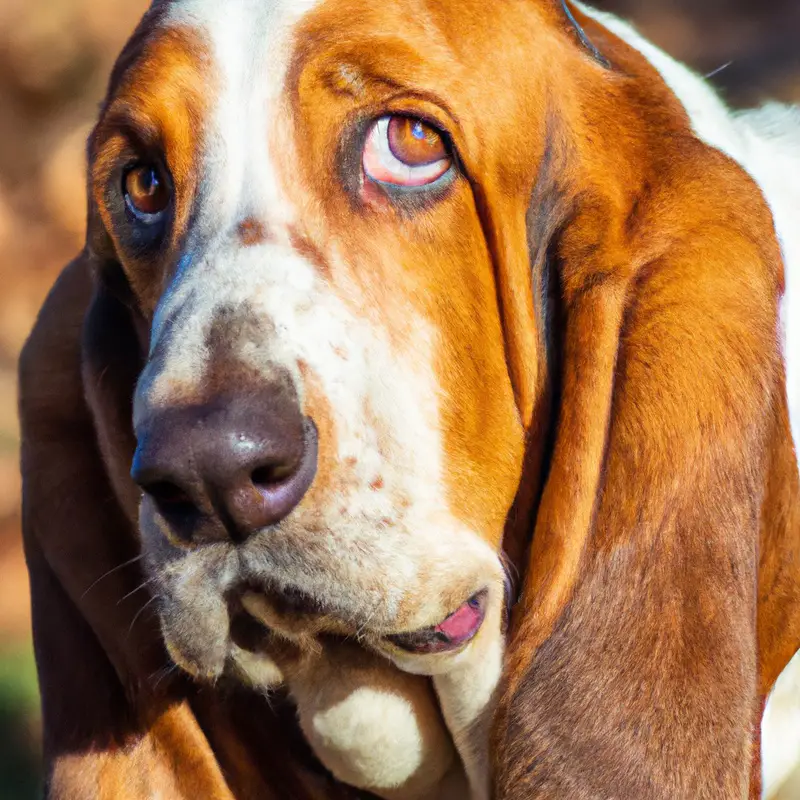
Average weight range for Basset Hounds
Basset Hounds typically weigh between 50 and 65 pounds, with males tending to be slightly heavier than females. However, it’s important to note that weight can vary depending on factors such as genetics, diet, and exercise.
It’s always a good idea to consult with a veterinarian to ensure your Basset Hound is maintaining a healthy weight.

Monitoring Basset Hound Weight
Importance of maintaining a healthy weight
Maintaining a healthy weight is key for the overall well-being of your Basset Hound. It helps to prevent obesity-related issues such as joint problems, diabetes, and heart disease.
A healthy weight also ensures that your Basset Hound can move comfortably and stay active.
By providing a balanced diet and regular exercise, you can help your Basset Hound maintain an ideal weight. Monitoring their weight regularly and making adjustments as needed will ensure they stay healthy and happy.
Remember, a healthy weight is important for a long and happy life for your furry friend.
Tips for monitoring weight at home
To monitor your Basset Hound’s weight at home, there are a few simple tips you can follow.
First, establish a regular weighing schedule and use a reliable scale.
Weigh your Basset Hound at least once a month to track any changes.
Second, keep a record of the weights and compare them over time.
This will help you identify any sudden or significant weight fluctuations.
Additionally, pay attention to your Basset Hound’s body condition.
Look for signs of obesity or underweight, such as a lack of waist definition or prominent ribs.
By staying vigilant and taking these steps, you can proactively monitor your Basset Hound’s weight and ensure their overall health and well-being.
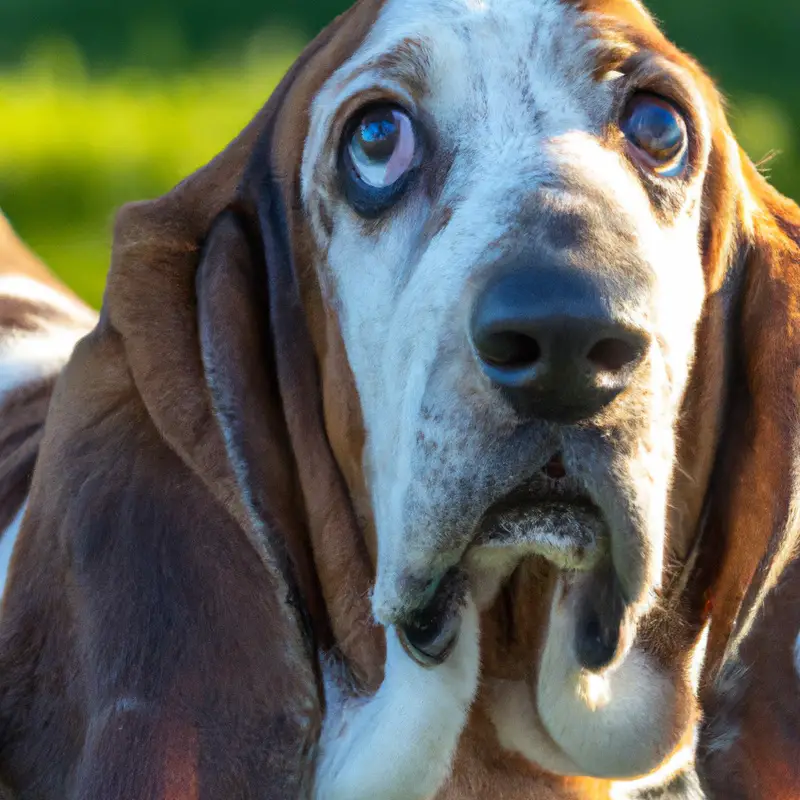
Managing Basset Hound Weight
Proper nutrition for Basset Hounds
Proper nutrition is essential for keeping your Basset Hound healthy and at an optimal weight.
A well-balanced diet is key, consisting of high-quality commercial dog food that is specifically formulated for their size and age.
Look for products that list real meat as the main ingredient and avoid those with excessive fillers or artificial additives.
It’s also important to feed your Basset Hound the right portion sizes and to avoid overfeeding.
Additionally, ensure they always have access to fresh water.
Consulting with a veterinarian can provide further guidance on the best diet for your Basset Hound.
Exercise and activity recommendations
When it comes to exercise and activity recommendations for Basset Hounds, it’s important to find a balance.
Bassets are not known for their stamina, but they still need regular exercise to maintain a healthy weight and overall well-being.
Daily walks are a good starting point, but keep in mind that they have short legs and may not be able to handle long distances.
In addition to walks, interactive play sessions and mental stimulation activities like puzzle toys can help keep them active and engaged.
Remember to always monitor their energy levels and adjust the intensity and duration of activities accordingly.
Common Weight-related Concerns
Overweight Basset Hounds: Risks and solutions
Overweight Basset Hounds can face a range of health risks, including joint problems, heart disease, and a shortened lifespan.
To help your Basset Hound maintain a healthy weight, it’s important to provide proper nutrition and regular exercise.
By feeding them a balanced diet and monitoring portion sizes, you can ensure they are getting the right amount of calories.
Regular exercise, such as daily walks or play sessions, will help them burn off excess energy and maintain a healthy weight.
Remember, maintaining a healthy weight is key to your Basset Hound’s overall well-being.
Underweight Basset Hounds: Causes and remedies
Underweight Basset Hounds can be caused by various factors like inadequate nutrition, illness, or parasites.
It’s important to address the root cause with guidance from a veterinarian.
Remedy options may include adjusting the diet to include more calories and nutrients, ensuring regular meals, and feeding high-quality food specifically formulated for the needs of Basset Hounds.
Additional measures like deworming or treating underlying health issues may also be necessary.
Always consult a professional for tailored advice when dealing with an underweight Basset Hound.
Final Verdict
Understanding the typical weight range for Basset Hounds is essential for their overall health and well-being.
Factors such as genetics, age, and nutrition play a role in determining their weight.
As responsible owners, it is important to monitor their weight regularly and make necessary adjustments to their diet and exercise routine to maintain a healthy weight.
Overweight Basset Hounds are at risk for various health issues, while underweight ones may require additional measures to help them gain weight.
By focusing on proper nutrition, exercise, and attentive care, we can ensure our Basset Hounds lead happy and healthy lives.

